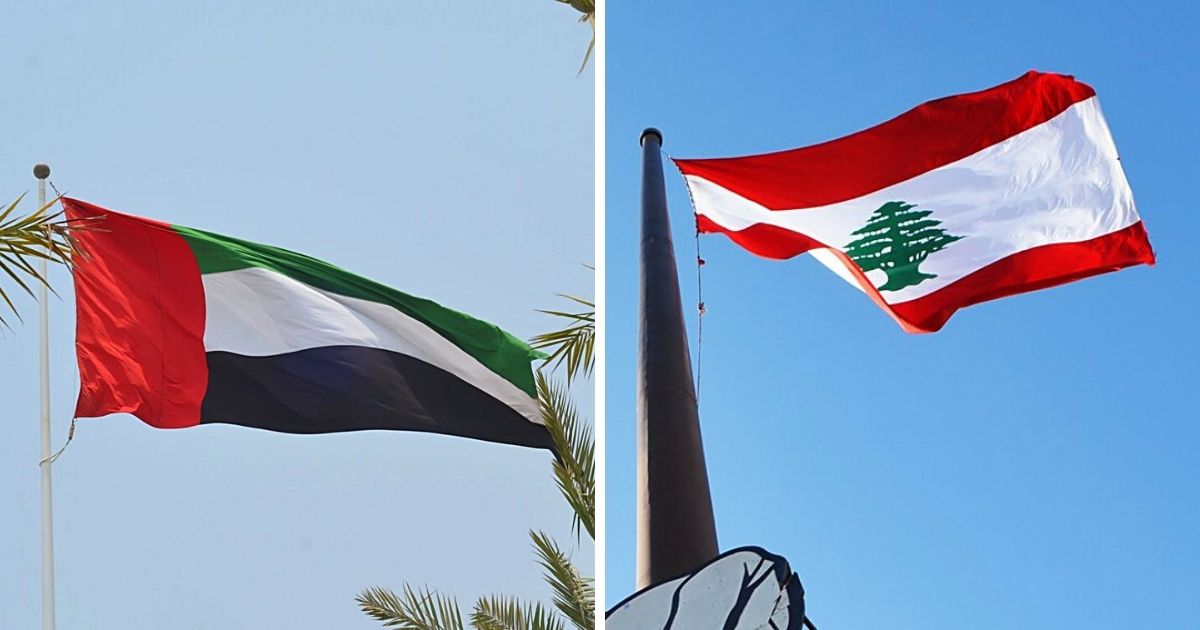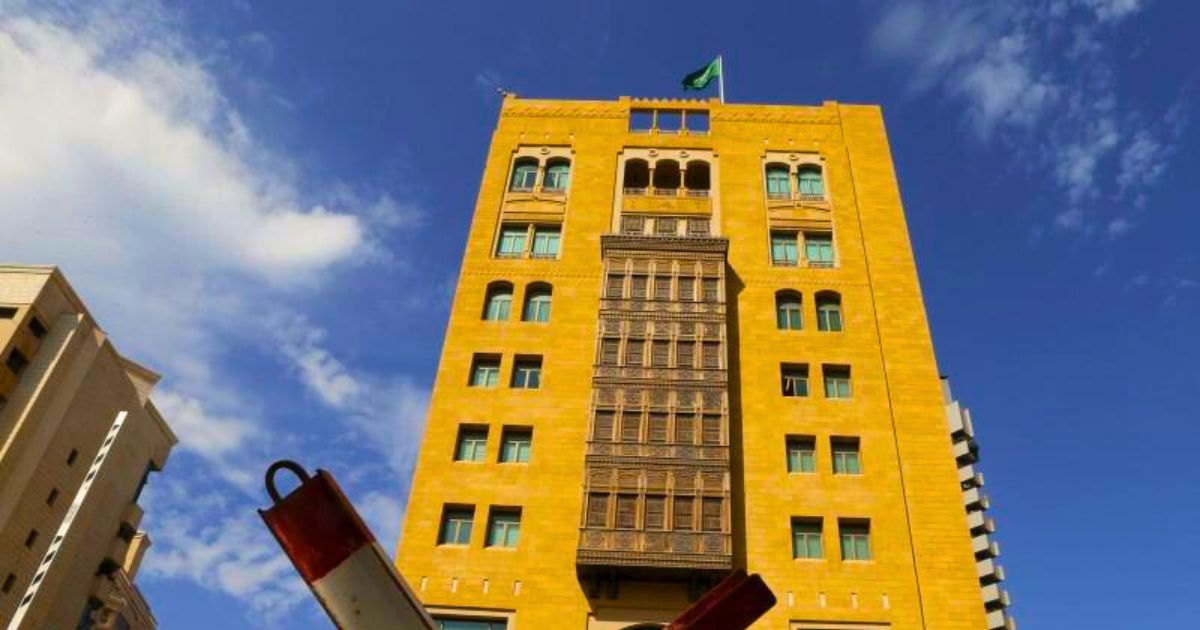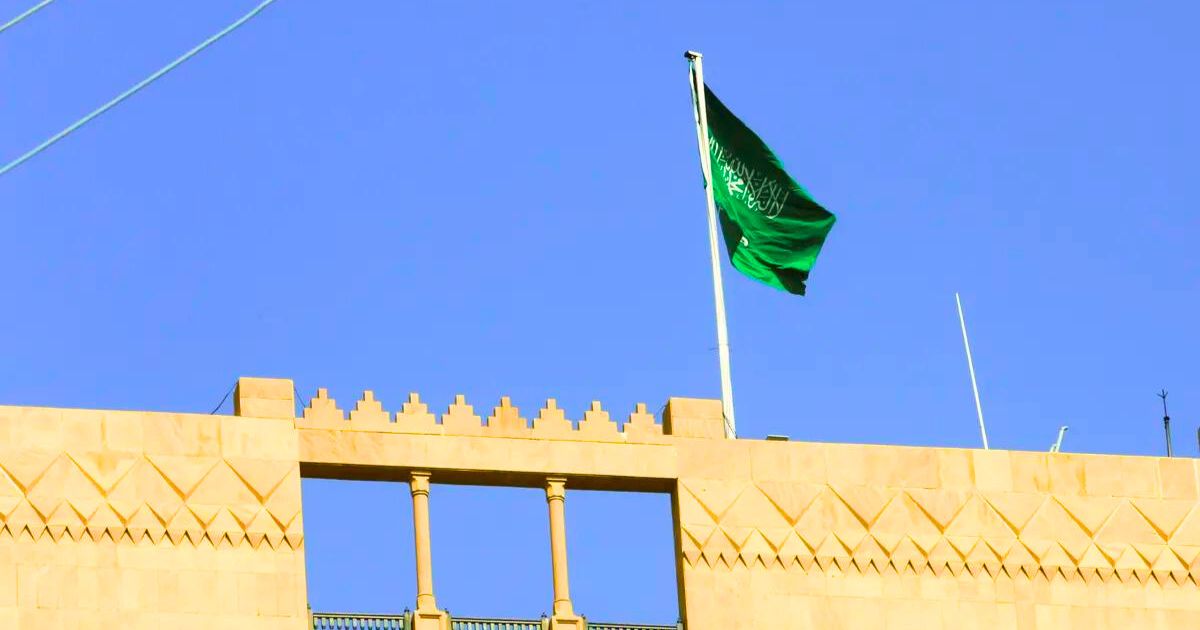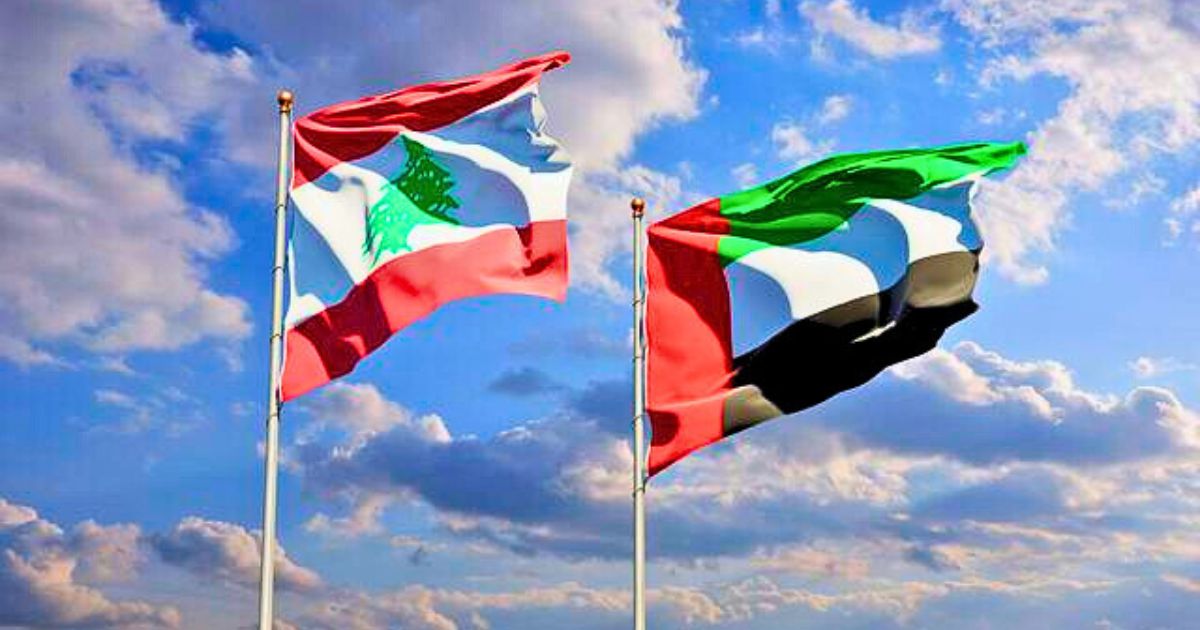The United Arab Emirates (UAE) decided to pull its diplomats from Lebanon on Saturday, following Bahrain, Kuwait, and Saudi Arabia taking similar measures.
The four Arab countries have taken these measures as a reaction to the statements of Lebanon’s Minister of Information, George Kordahi, criticizing the Yemen war in a TV show.
The UAE‘s Ministry of Foreign Affairs released a statement that said this decision came in support of Saudi Arabia against the stances of “some Lebanese officials.”
In addition to pulling its diplomats, the UAE has also decided to prevent its nationals from traveling to Lebanon.
This makes the UAE the fourth country to take such severe diplomatic measures as a response to Kordahi’s statements.
These countries were outraged by his opinion, which was expressed a month prior to his designation as Information Minister in the new Lebanese government.
Prime Minister Mikati has commented on Kordahi‘s comments by saying that it reflects a personal opinion, not the Lebanese government’s.
However, these countries summoned Lebanon’s ambassadors in their countries, handing them an official condemnation, and the crisis is only escalating at this point.
There are efforts being done by officials, including the Arab League, to mend the now-precarious diplomatic relations between Lebanon and these countries of the Gulf Cooperation Council (GCC).
This comes at a time when relations between Lebanon and Arab Gulf countries have been already tense due to several drug-smuggling operations from Lebanon.
Saudi Arabia has taken more severe measures, including stopping all imports from Lebanon. In 2020, these imports were valued at around $220 million, according to the UN’s COMTRADE database.
In the past two days, the exchange rate from LBP to USD has increased from 20,500 LBP per USD to 21,300 as a result of this diplomatic crisis with the Arab Gulf countries.
















